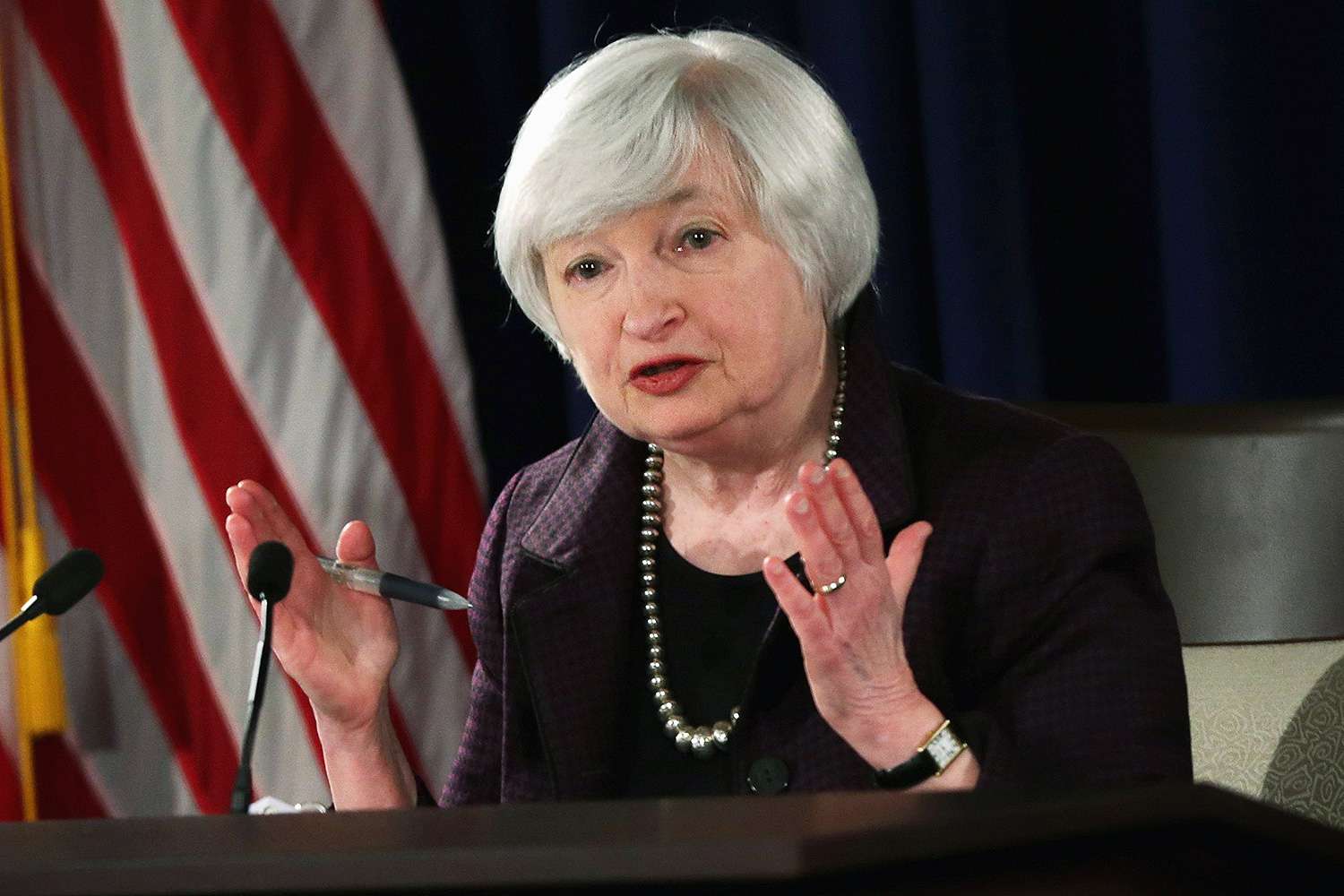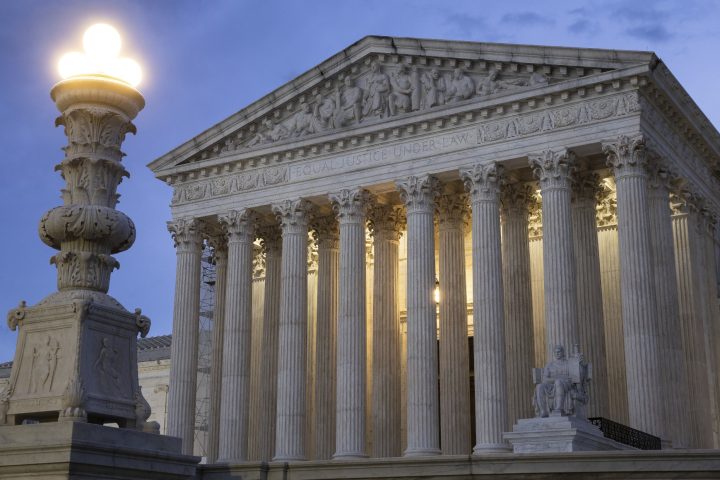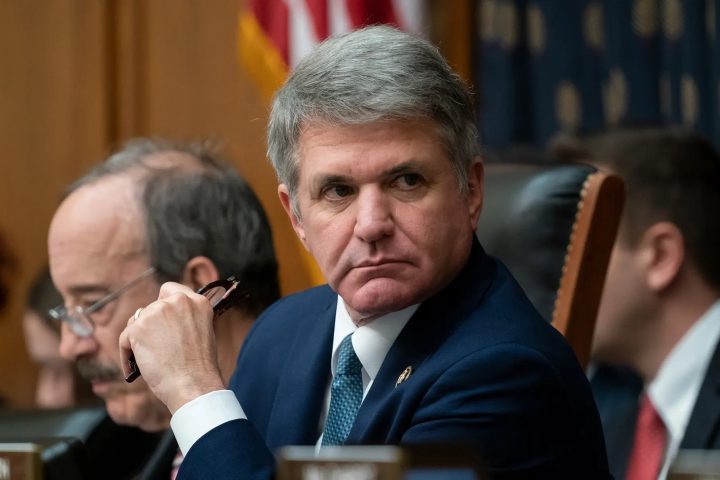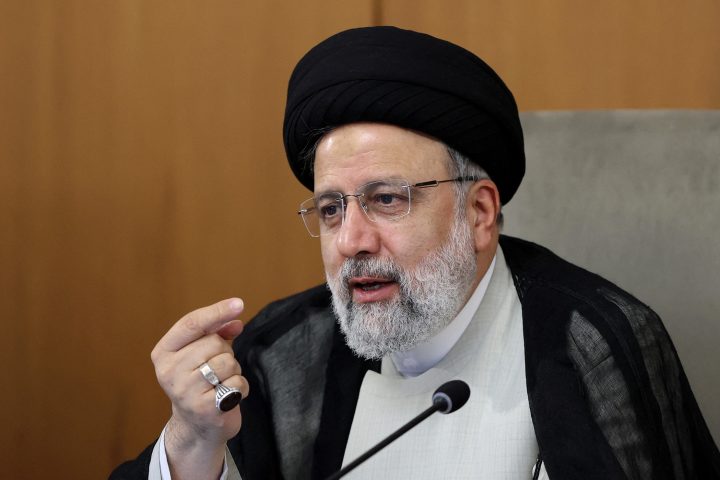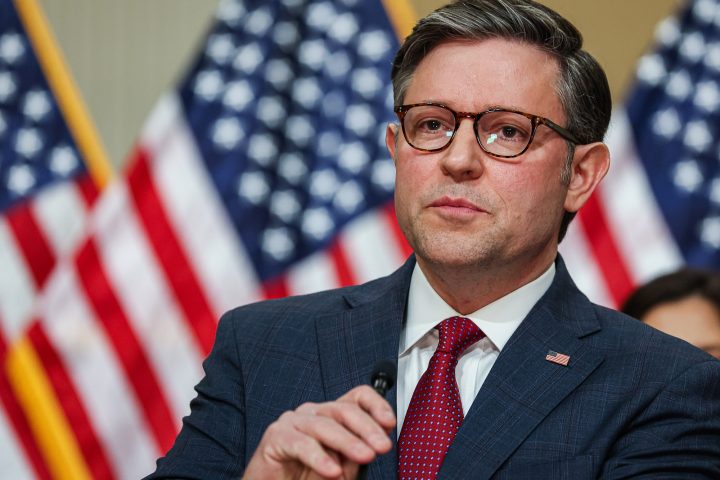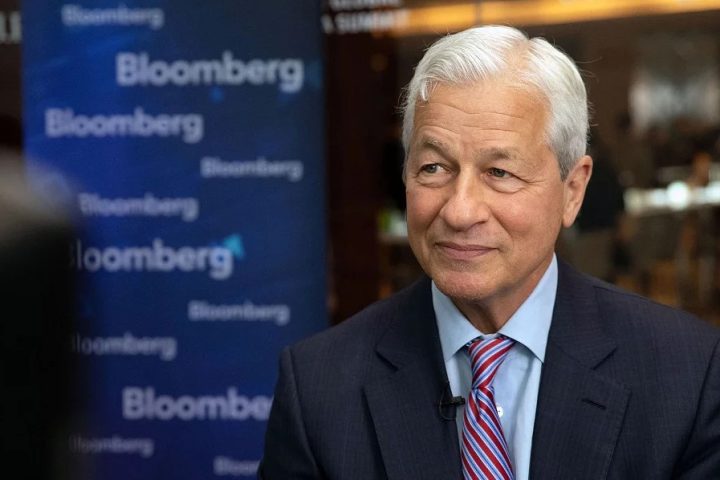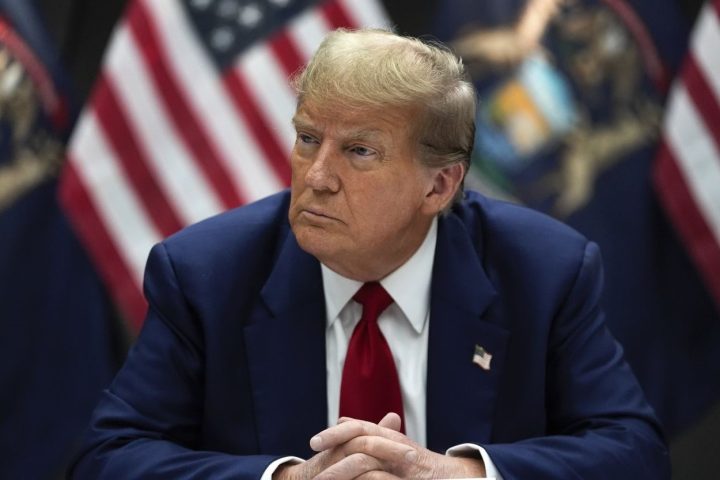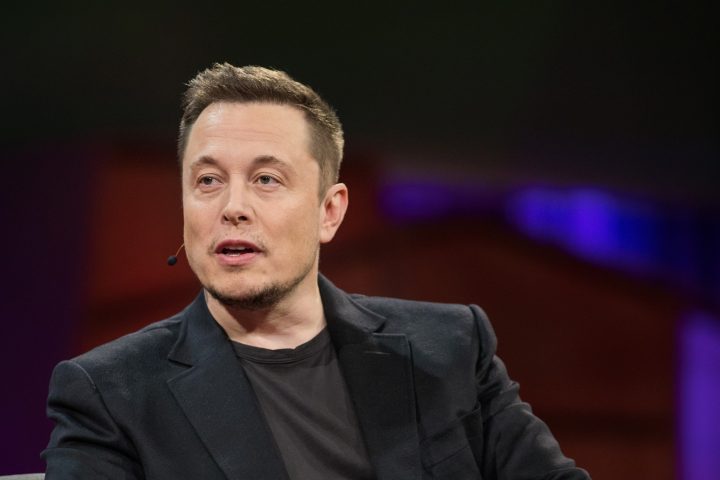Janet Yellen has kicked off her second visit to China as US treasury secretary to continue efforts to further stabilize ties between the world’s two largest economies.
On her first full day of meetings in the southern megacity of Guangzhou, Yellen said Friday she would address the oversupply of Chinese goods in key industries, such as electric vehicles (EVs) and solar panels. The issue has quickly emerged as a major area of contention in the run-up to November’s US presidential election.
“I will stress that a healthy economic relationship can bring significant benefits for both our economies,” she said at a meeting with leaders of Guangdong province, the country’s manufacturing powerhouse.
“I’ve also emphasized that building a healthy economic relationship requires a level playing field for American workers and firms, and open and direct communication on areas where we disagree. And this includes the issue of China’s industrial overcapacity, which the United States and other countries are concerned can cause global spillovers,” she said.
US officials and lawmakers have expressed concerns that China’s overinvestment and excess capacity could result in cheap products flooding global markets, affecting local industries and employment.
Asked by reporters on Wednesday whether she would consider trade barriers if China doesn’t heed warnings on overcapacity, Yellen said she “wouldn’t want to rule [it] out,” though she wasn’t planning any immediate measures.
Last month, on a visit to a solar panel factory in Georgia, Yellen said China’s excess capacity was distorting global prices and production patterns and hurting American firms and workers. She added that China was following its old practice of flooding the global markets with cheap, state-subsidized steel and aluminum.
The surge in China’s exports of EVs, solar, and batteries is creating a problem at a time when the United States has invested heavily in reviving its own manufacturing sector.
Among other topics that Yellen plans to discuss with her Chinese counterparts include bilateral cooperation on countering illicit finance and working on global issues such as climate change and financial stability, according to the Treasury Department.
But analysts don’t think Beijing is likely to budge on its economic policies.
“Yellen’s upcoming meetings merely extend the illusion of constructive engagement between two superpowers reinforcing, rather than resolving, China’s contentious course,” Singleton said.
He believes Beijing wants to reduce the role of US multinationals in supply chains deemed sensitive by the Chinese government, while deepening its control over China’s private sector and international companies operating in China, noting recently enacted national security legislation in Hong Kong.

